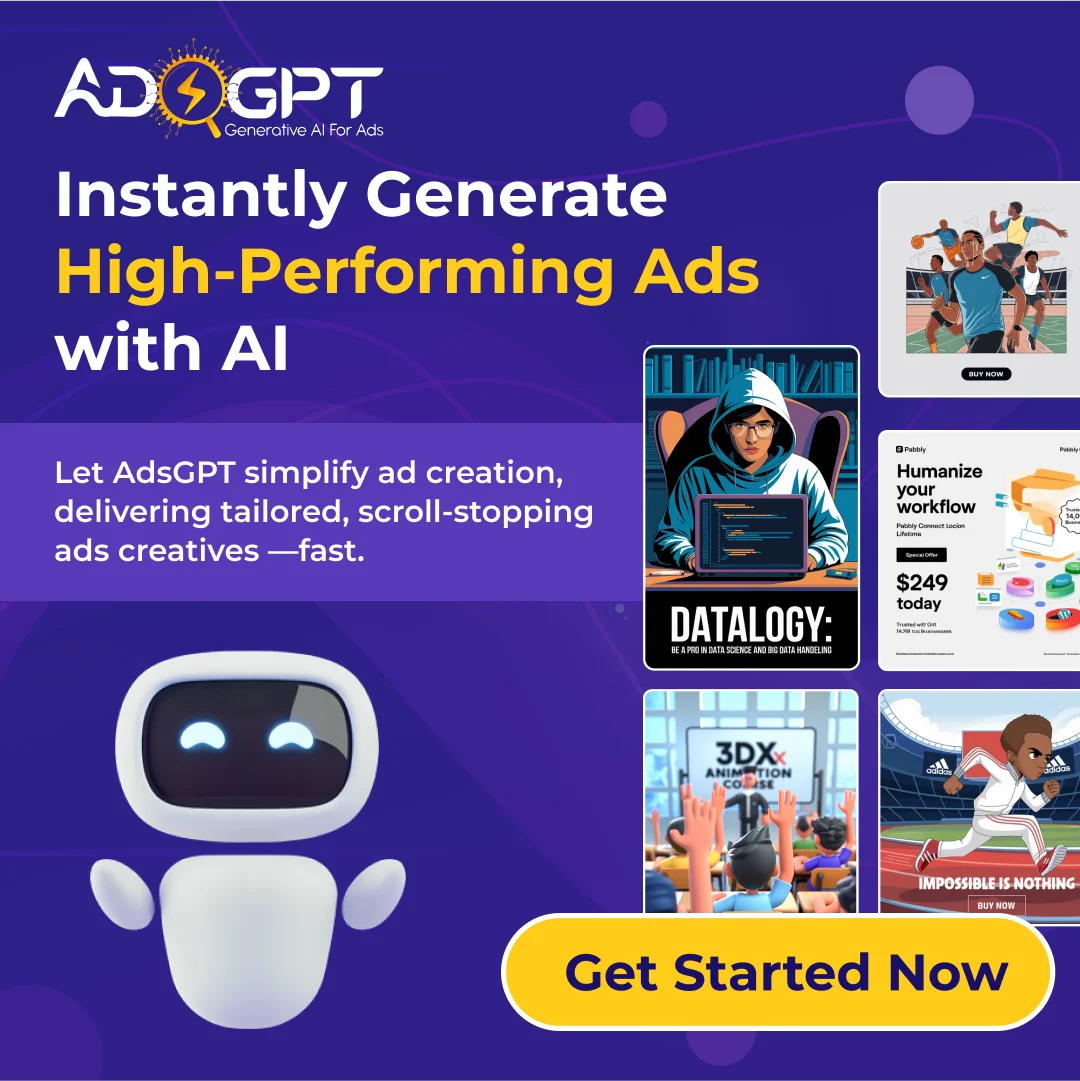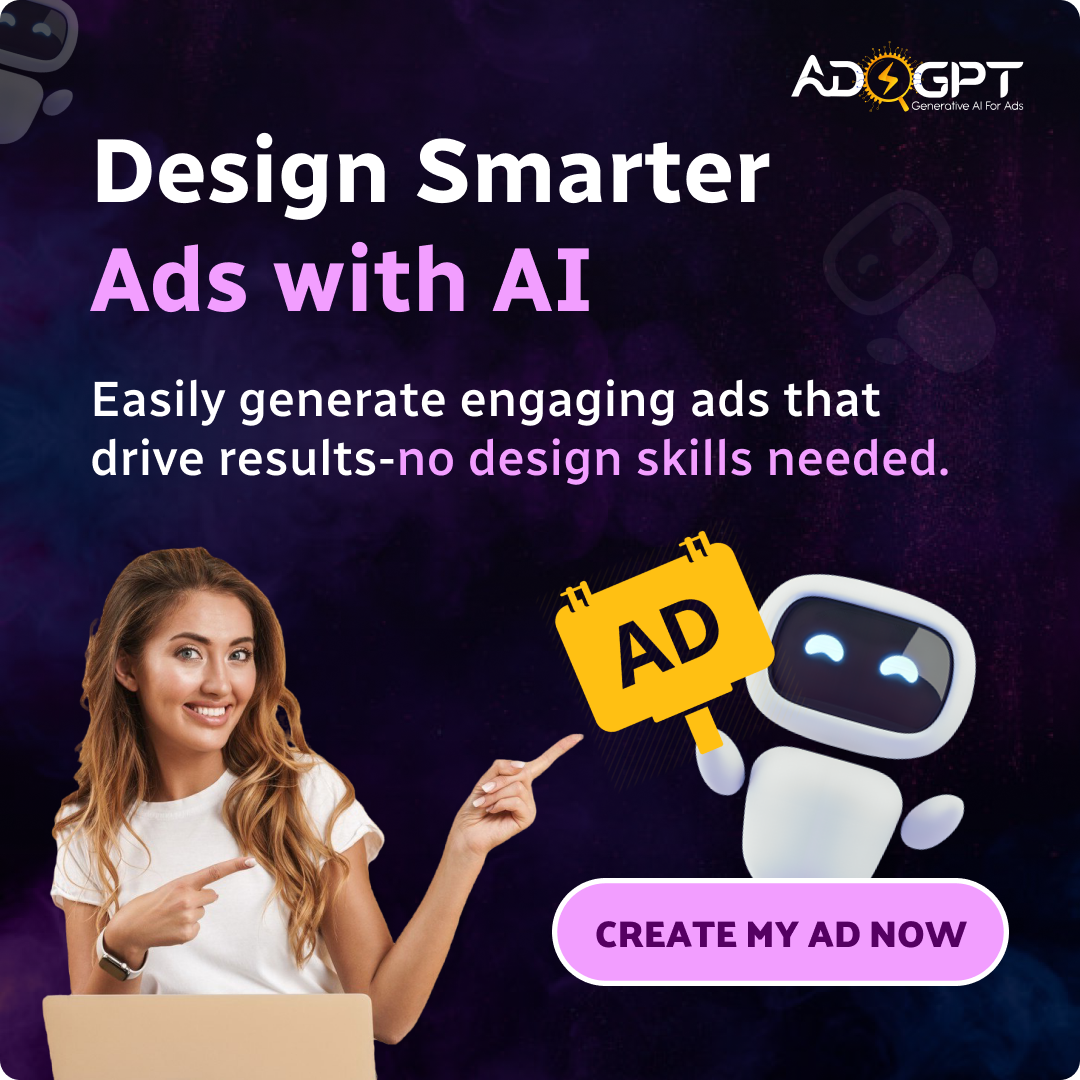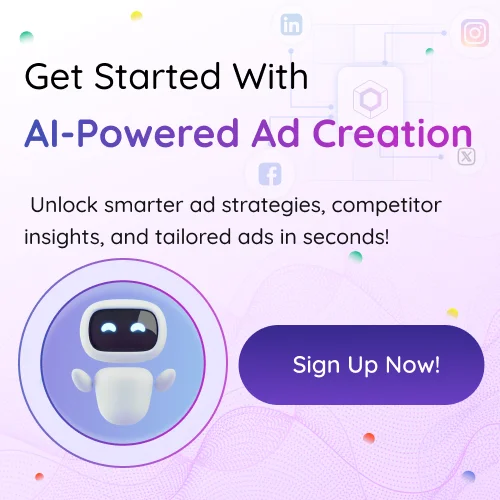
Understanding advertising psychology has always been key to influencing consumer behavior, as it taps into emotions, desires, and needs to establish a connection between people and products. With the integration of AI, the approach to advertising psychology has evolved, empowering marketers to create even more personalized and effective campaigns that resonate with their specific audiences.
Have you ever wondered about the psychology behind these ads?
What Is The Psychology Of Advertising?
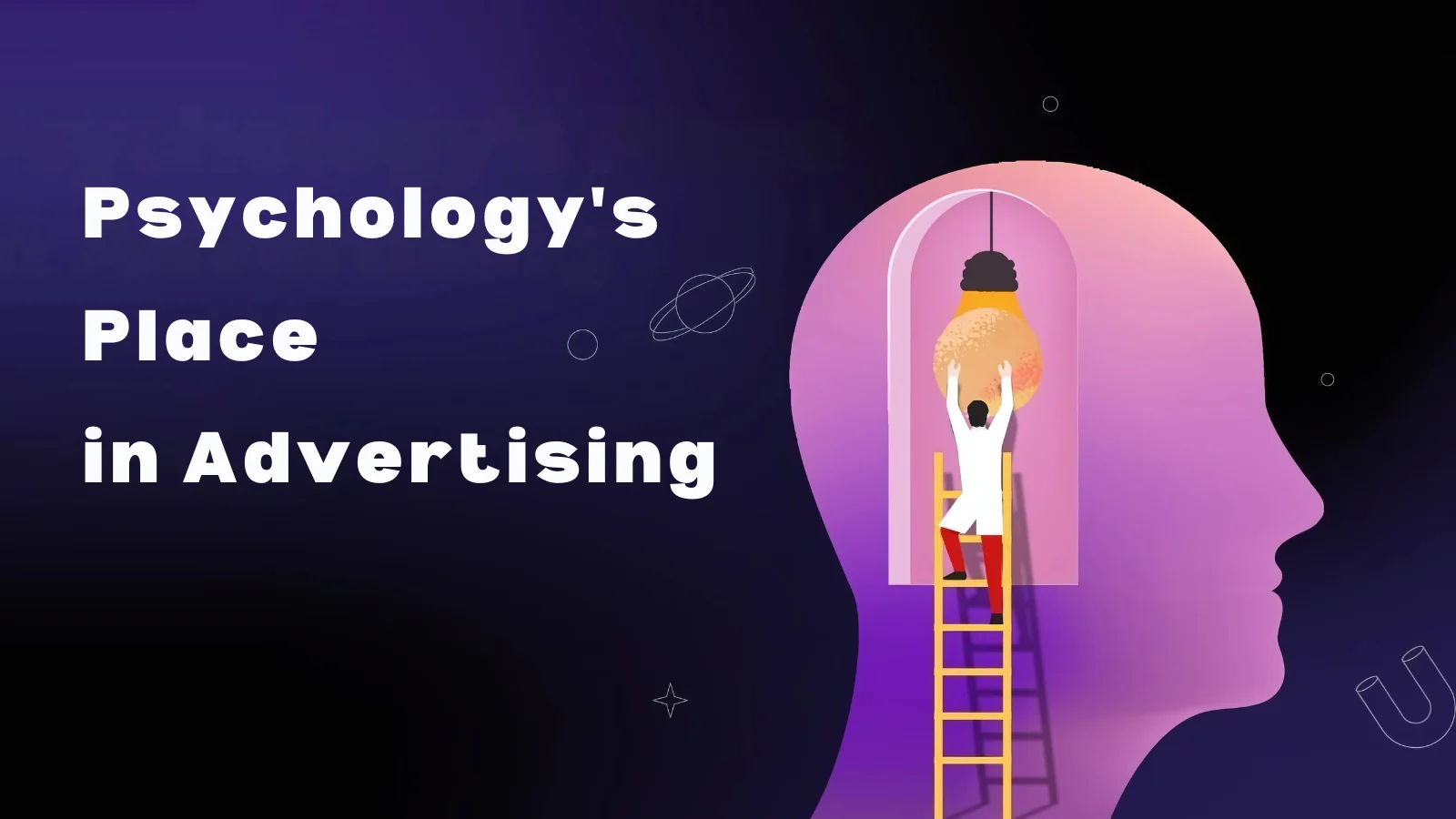
Psychological principles are strategically applied in advertising psychology to influence consumer behavior by analyzing how individuals respond to advertisements. In this field, mental and emotional triggers play a role in the decision-making process, providing insights into why certain products or services are used.
At its core, advertising psychology suggests that consumers are more likely to act based on emotions rather than logic. Advertisers understand this and use emotional appeals, such as happiness, fear, desire, or even a sense of belonging, to connect with their audience on a deeper level.
By understanding human emotions and motivations, advertisers can create compelling messages that resonate with consumers, fostering trust and influencing their buying decisions. Ultimately, the goal is to establish a lasting connection between the consumer and the product or service, making it memorable and emotionally impactful.
Psychology Of Advertising Examples
There are countless in the psychology of advertising examples of action, where various tactics are employed to influence consumer behavior and decision-making. Below are some of the most common strategies that harness advertising psychology to connect with target audiences effectively:
-
Emotional Appeals
One of the core elements of the psychology of advertising is the use of emotional appeals. Advertisers often tap into emotions to create a deeper connection with consumers. For instance, an ad for a luxury car might feature a couple driving through scenic mountains with the sun setting behind them. This visual strategy is designed to evoke feelings of freedom, adventure, and exclusivity, all of which are emotions that the brand wants to be associated with. The car isn’t just a mode of transportation—it becomes a symbol of success and luxury, making advertising psychology vital in shaping consumer perceptions.
-
Scarcity
Scarcity is another powerful element of the psychology of advertising. Creating a sense of limited availability can trigger urgency in consumers, encouraging them to act quickly before they miss out. For example, a travel company might offer a limited-time discount on a vacation package, with a countdown clock showing that the offer is only available for the next 24 hours. This sense of urgency, rooted in advertising psychology, makes people feel they must seize the opportunity before it’s gone, pushing them to make a quicker decision.
-
Authority
The principles of the psychology of advertising also leverage authority to build trust and credibility. People are more likely to trust and follow the advice of someone they perceive as an expert or authority figure. In advertising, this is often seen when brands use celebrities or professionals to endorse their products. For example, a skincare brand might feature a well-known celebrity using their products, implicitly suggesting that if it’s good enough for someone famous, it must be reliable. This technique taps into the psychology of ads by associating the product with authority and credibility, making it more appealing to consumers.
-
Humor
Humor makes ads more memorable and approachable. A fast-food chain might use a comical situation in their commercials to associate their brand with positive emotions, increasing consumer engagement.
These examples highlight how psychological strategies drive engagement and boost sales by resonating with consumer emotions.
The Origins Of Advertising Psychology
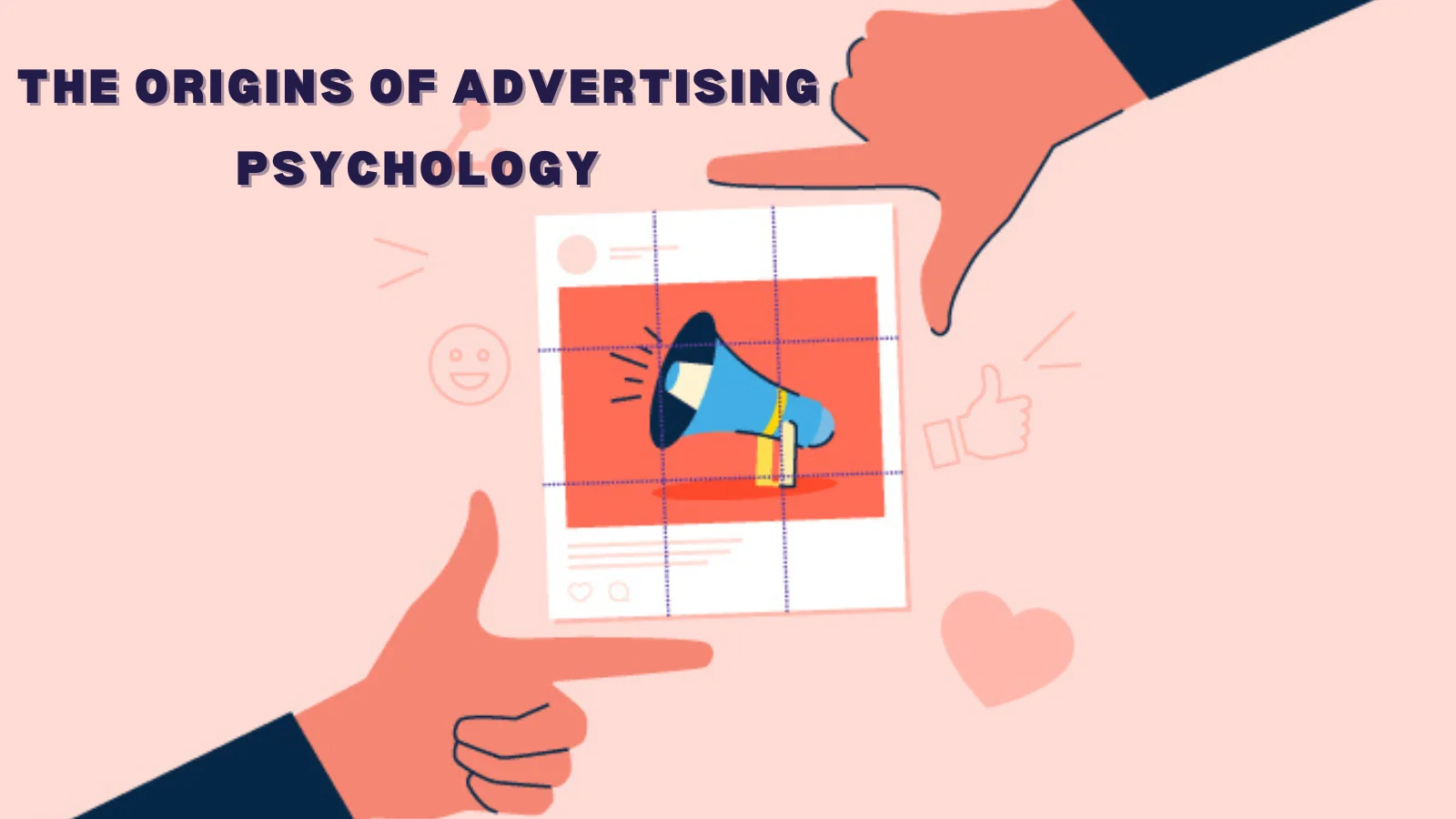
The roots of advertising psychology can be traced back to the late 19th and early 20th centuries. Early pioneers recognized that consumer behavior could be influenced through psychological techniques, shaping how advertising messages connect with audiences.
In the early 1900s, significant works in advertising psychology began emphasizing the importance of emotional triggers and desires in successful campaigns. Advertisers learned to create stronger connections by appealing to these elements, making ads more impactful.
Another realization was that behavior is influenced by environment and past experiences. This understanding allowed campaigns to go beyond surface-level persuasion, fostering deeper connections between consumers and products.
Balancing emotional appeal and logical persuasion laid the foundation for modern advertising psychology. These principles remain relevant today and are now incorporated into AI-driven tools, enhancing ad performance and consumer engagement.
How AI Explores Advertising Psychology?
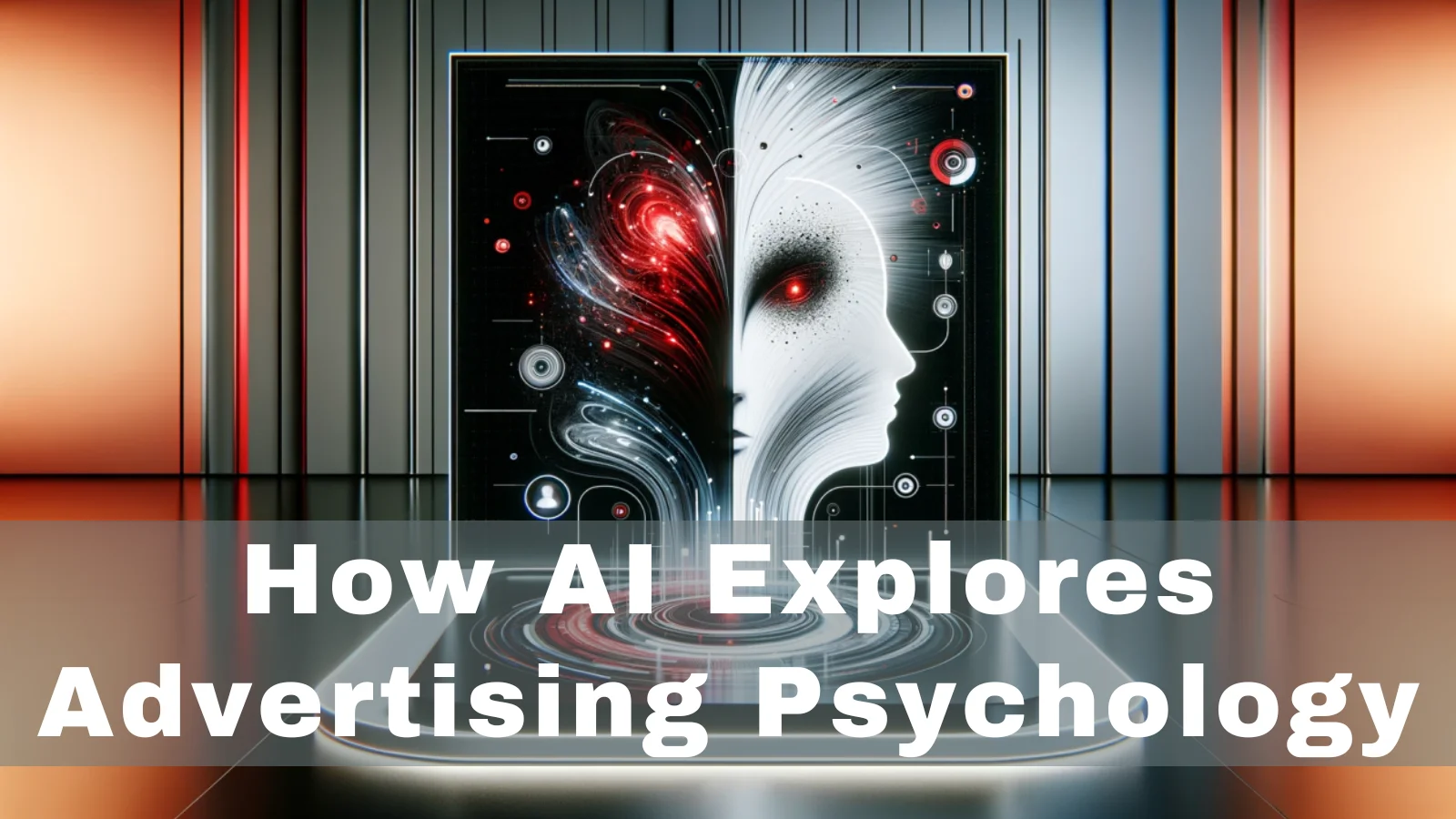
Artificial intelligence is transforming advertising psychology by harnessing massive datasets to uncover patterns in consumer behavior and preferences. Through approaches like programmatic advertising, AI enables automated, real-time ad placements that align with psychological triggers, enhancing both targeting accuracy and emotional resonance.
Social media platforms amplify this process by offering a wealth of behavioral data. AI tools process this information to pinpoint psychological triggers—like urgency or emotional appeals—that influence consumer decisions.
Advanced tools like AdsGPT take these insights further, creating personalized ads designed to resonate emotionally while delivering measurable results. By blending data-driven precision with a human touch, this AI-powered approach not only enhances ad performance but also fosters stronger, more meaningful relationships between brands and consumers.
AdsGPT: Revolutionizing Ad Creation With AI
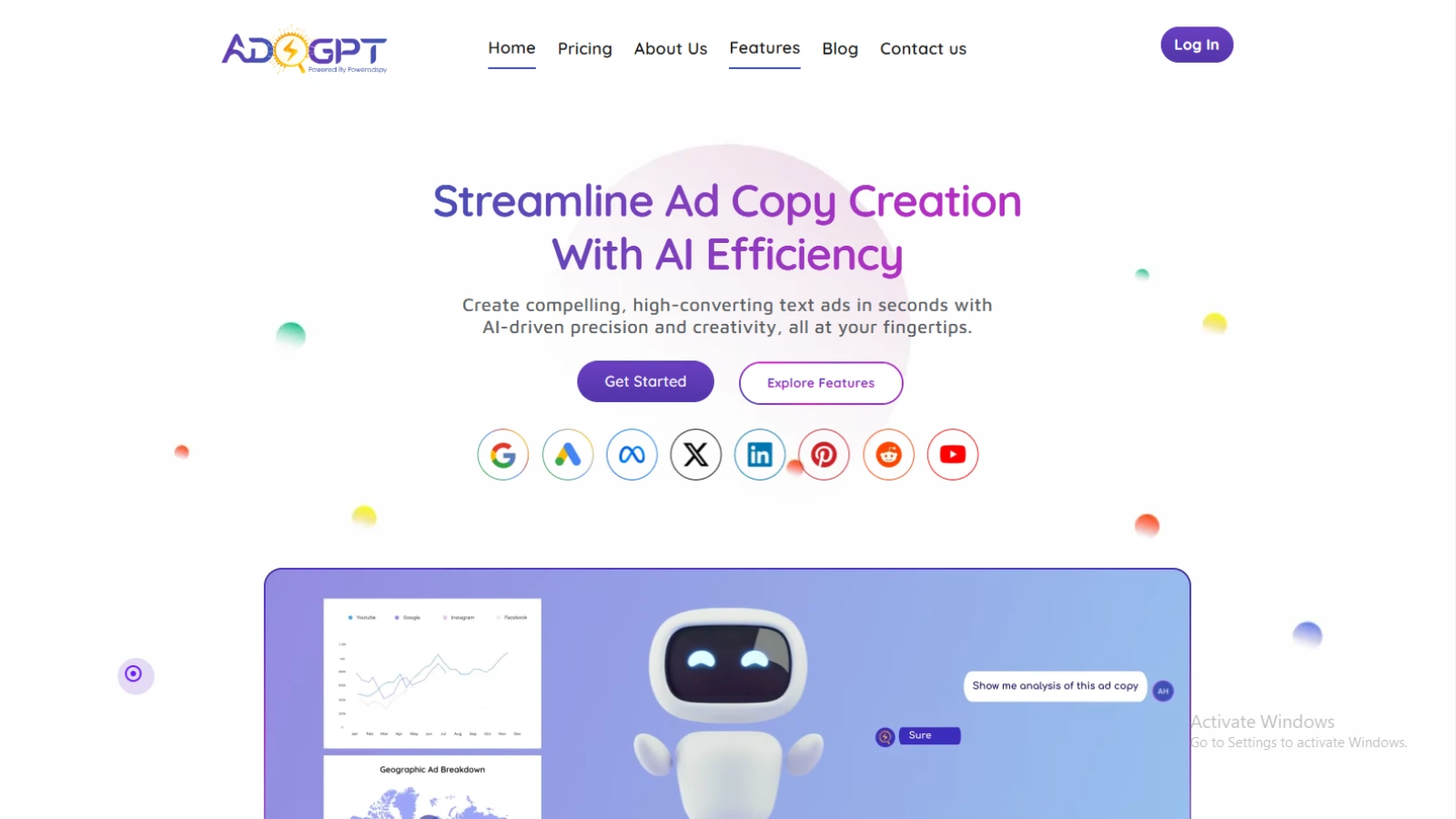
AdsGPT is an advanced AI-powered platform designed to simplify and enhance the ad creation process. Leveraging insights from advertising psychology, helps marketers produce impactful campaigns tailored to resonate with their audiences. Here are five standout features of AdsGPT:
- AI-Powered Ad Copy Generation
AdsGPT uses natural language processing and machine learning to generate high-quality ad copy. It adapts to the tone, style, and intent that best suits your campaign, making the creation of engaging and persuasive content effortless. - Personalization at Scale
By analyzing audience data, AdsGPT crafts ads that cater to specific demographics and preferences. This level of personalization ensures that your message aligns with the emotional and psychological triggers of your target audience. - Multichannel Support
AdsGPT enables seamless content creation for various platforms, including social media, search engines, and email campaigns. It ensures that your messaging is optimized for each channel’s unique requirements while maintaining consistency. - Creative Insights and Recommendations
The platform provides actionable suggestions to optimize ad performance, drawing from a vast database of successful campaigns. Whether it’s improving headlines or refining calls-to-action, AdsGPT ensures your ads are designed for maximum impact. - Efficient Ad Creation
AdsGPT simplifies the ad creation process, reducing the time and effort required to produce campaign-ready content. Its user-friendly interface ensures that marketers, regardless of expertise, can create professional-quality ads quickly and efficiently.
With AdsGPT, businesses can harness the power of AI to elevate their advertising efforts, combining creativity with data-driven precision to achieve outstanding results.
Impact Of AI On The Psychology Of Advertising
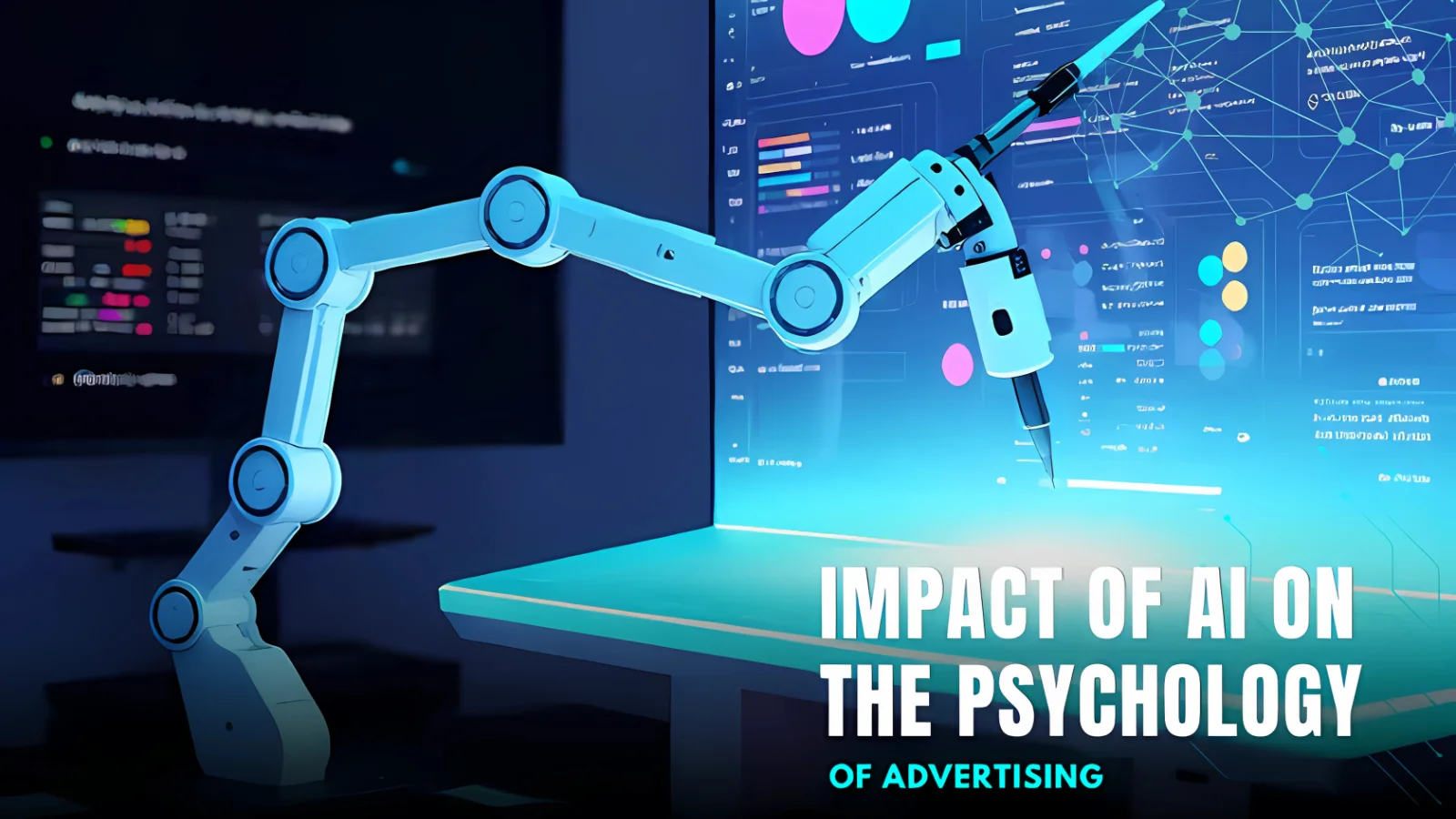
AI is revolutionizing the field of advertising by combining data-driven insights with psychological principles. Here are some of the key ways it’s influencing advertising psychology:
Personalized Advertising
AI enables the creation of highly personalized ads by analyzing consumer data such as browsing history and preferences. These tailored messages tap into individual emotions and needs, making them more effective.
Predictive Analytics
By analyzing historical data and trends, AI helps advertisers predict consumer behavior and determine which psychological strategies resonate most with their target audience.
Optimized Campaigns
AI tools analyze ad performance in real-time and offer recommendations to enhance impact, such as refining imagery or adjusting messaging. This ensures campaigns remain relevant and engaging.
Faster Ad Creation
AI significantly reduces the time needed to create and test ad variations, allowing advertisers to quickly adapt to market trends or shifting consumer preferences.
Deeper Emotional Connections
AI studies consumer responses to identify emotional triggers, helping brands craft messages that evoke strong feelings like joy, urgency, or nostalgia, which are pivotal in advertising psychology.
These advancements illustrate how AI is seamlessly blending creativity with psychological insights to reshape the advertising landscape.
How Will AI Be Used To Influence The Future?

AI is set to revolutionize the psychology of advertising in the coming years. Here’s how it will reshape the way brands connect with consumers:
Hyper-Personalized Advertising: With AI advancements, advertisers will be able to analyze vast datasets—such as browsing history, past purchases, and social media activity—to craft personalized ads that speak directly to individual preferences. This tailored approach will drive deeper engagement and higher conversion rates as consumers are more likely to respond to content that resonates with their unique needs.
Precision Targeting: As AI algorithms become more refined, they will enable advertisers to pinpoint and engage specific consumer segments with unparalleled accuracy. By understanding factors like demographics, behaviors, and interests, advertisers can deliver highly relevant ads, resulting in improved engagement and better campaign outcomes.
Creative Optimization: AI tools will analyze successful ads, identifying common traits like structure, wording, imagery, and emotional appeal. By understanding these patterns, AI can help generate new ad variations designed to maximize impact, ensuring that campaigns are optimized for the best possible performance.
Voice-Activated Advertising: With the rise of smart speakers and voice assistants, AI-powered voice ads will offer a new way to connect with consumers. These ads can be tailored to the individual, and delivered seamlessly and naturally, leading to increased user engagement without being intrusive.
Immersive Augmented Reality: As augmented reality (AR) technology advances, AI will empower advertisers to create interactive and immersive experiences that captivate consumers on an emotional level. By analyzing consumer preferences, AI will enable the development of AR ads tailored to individual tastes, driving higher engagement and conversion rates.
In essence, AI will play a pivotal role in transforming advertising psychology, enabling brands to create highly personalized, emotionally engaging, and effective campaigns that forge stronger, more meaningful connections with their audiences
Conclusion
In essence, AI will play a pivotal role in transforming advertising psychology, enabling brands to create highly personalized, emotionally engaging, and effective campaigns that forge stronger, more meaningful connections with their audiences. With the psychology applied in marketing evolving through AI, advertisers will harness the power of an AI ad generator to craft more compelling content that resonates with individual consumers. As AI for ads continues to advance, the ability to understand and influence consumer behavior on a deeper level will reshape how brands connect with their audiences, making advertising more intuitive, effective, and impactful than ever before.

